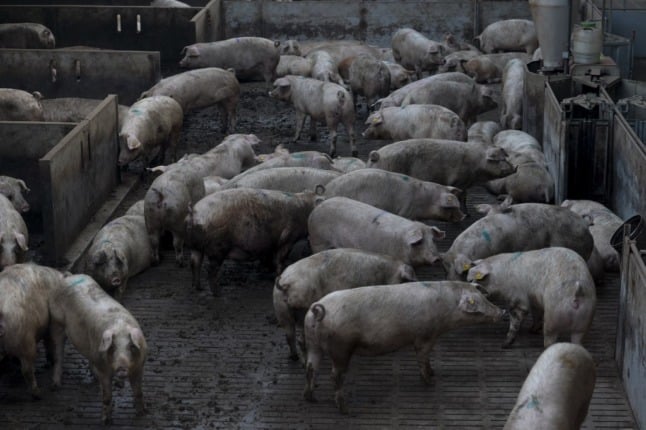On the roof of a building in the heart of the capital that houses the Italian Federation of Beekeepers (FAI), 15 beehives are abuzz with activity.
“This is an experimental urban hive that we are using to collect data of scientific interest, in order for example to devise a plant biodiversity map of Rome,” FAI president Raffaele Cirone told AFP.

“However we are also studying the adverse effects of being in the centre of a big city,” added Cirone, who is looking for the harmful residue of fine particles PM10 and PM2.5, heavy metals and micro-plastics.
Instruments measuring the number of fine particles in the air are placed a few steps away from the rooftop hives.
Data taken from the instruments will be compared with the honey produced in the hives, which is periodically removed and analysed by the scientists.
“The scientists will be able to better understand the movements of these particles, if and how much they rise from the ground and whether they settle,” Cirone said.

In total around a dozen roofs in the centre of Rome house the hives, including one at the top of a carabinieri building.
The aim is to move towards a larger colony of high rise helpers, Davide De Laurentis, deputy Commander of the force's forestry, environmental and agri-food unit, told AFP.
De Laurentis, who describes bees as “nature's sentinels”, says that the initiative could be rolled out in other major Italian major cities that suffer from problems with pollution.



 Please whitelist us to continue reading.
Please whitelist us to continue reading.